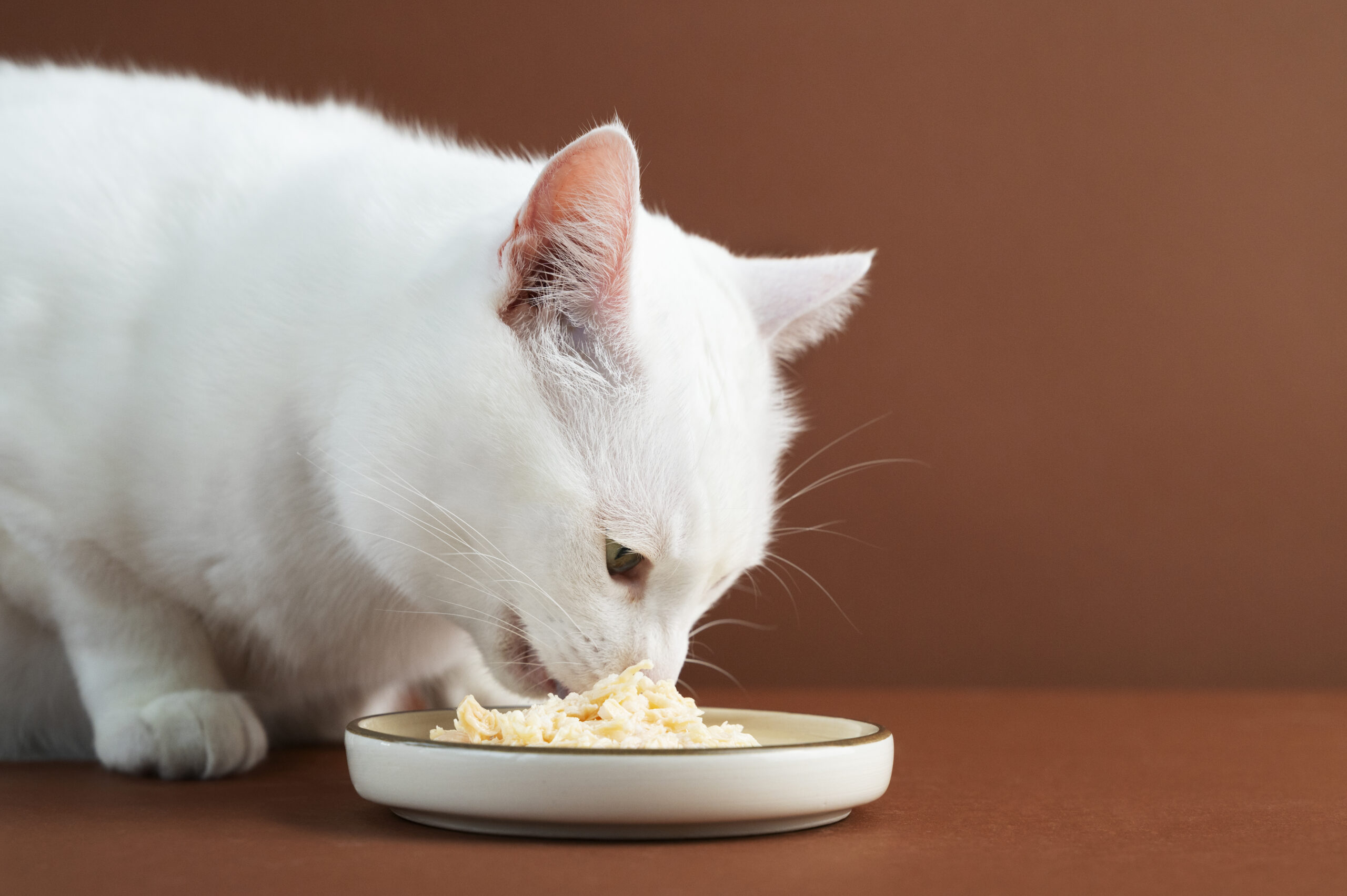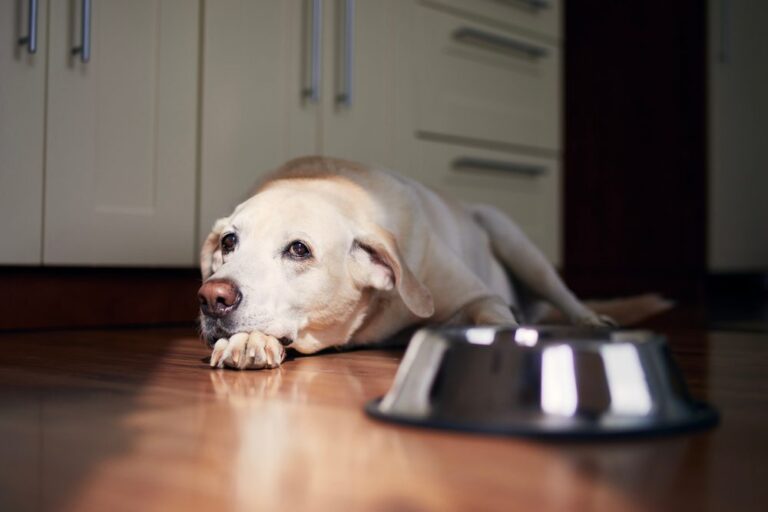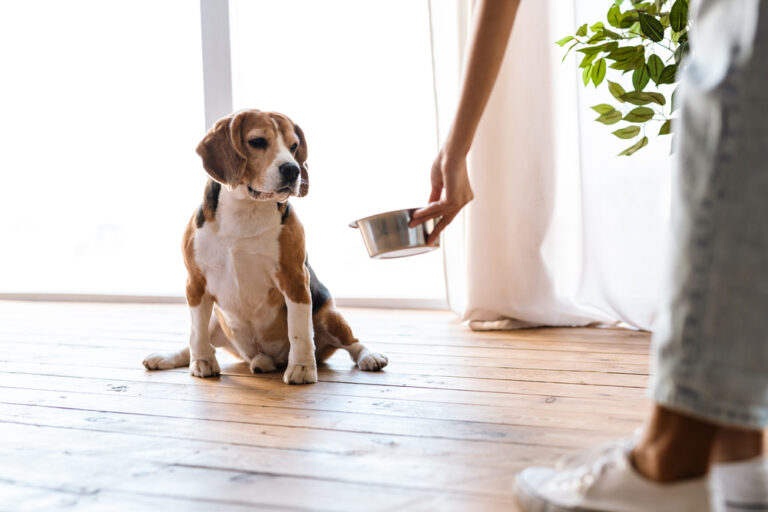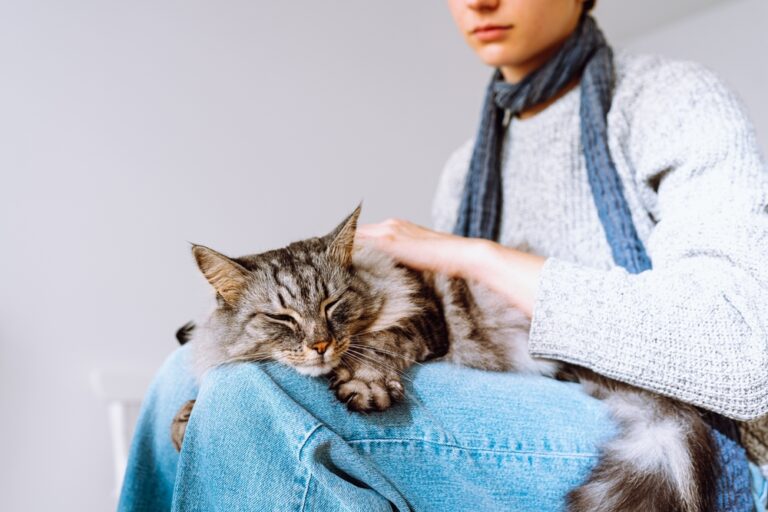As a cat owner, one of the most horrifying things to hear about your cat wont eat without any warning. When your cat is racing to the bowl, it is normally fun, and it will be giggling at the thought of it. Your cat wont eat, thus the alarm begins to go off. You say, has something gone wrong with my cat, is he not contented, or is he a fussy-pussy?
Even though it may not be an issue of not eating, the fact that a person constantly feels hungry is an indicator that he or she is facing a problem that is beyond the norm. In this guidebook, we shall elaborate in detail about the factors that were underlying in causing the cause of why your cat is not keen on eating.
The Secret of Why Your Cat Refuses to Eat.
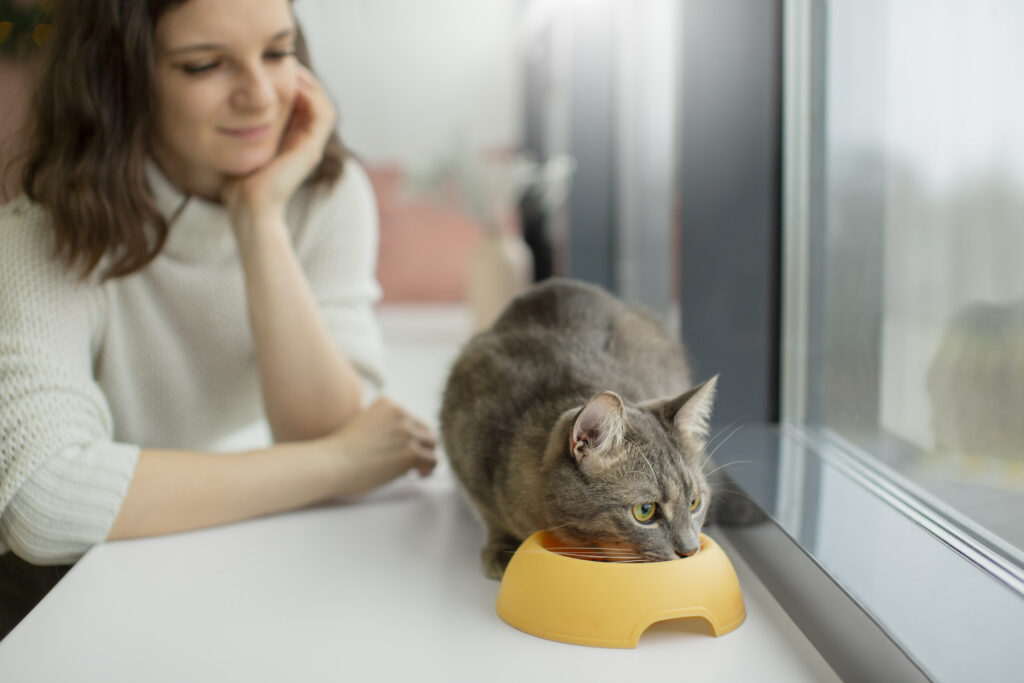
The knowledge that the thing is not only incidental is worth having when you are watching your cat wont eat. Cats would have a tendency to follow a pattern. Their feeding will be changed since it is how they will inform you that something is wrong. This could be because of a small cause, like a sporadic stomach ache and stomach pain, or more serious causes, like an underlying dental issue or a medical issue.
Anorexia, or rather, the medical term for loss of appetite, is a symptom of a disease and not a symptom of a disorder. To do good to your cat, you should understand the reason why the changes are occurring.
Short-term/Not that Serious Reasons Your cat will not eat.
Something is not ready to be eaten by your cat, so what? It is a momentary thing and should not make you worry. One can be patient and thoughtful with regard to minor problems.
1. Change in Food or Routine
Cats are known to be choosy eaters. The slightest change in their food, brand food, or food routine would make them dissatisfied. In case your cat had stopped eating the food due to a new brand or a new flavor/brand, it may be due to a preference.
Blend the old food with the new food gradually and over a long period of time, and allow your cat time to adjust.
2. Stress or Anxiety
The cats are delicate animals and are habituated. They can be bothered by sounds in a loud or alien locality or guests that they do not recognize. Moving house, buying pets, or moving furniture may cause them to be anxious. Stress that involves emotions will cause only a short-lived loss of appetite.
You should also ensure that your cat is secure and cozy to rest and experience the security.
3. Vaccination Side Effects
Normal vaccinations can temporarily impair the appetite of a small proportion of cats. It is a natural recovery formula reaction since the organism becomes immunized. The cats, in most cases, will be able to resume normal feeding in a period of one or two days.
4. Mild Stomach Upset
The cats do not eat too frequently since they have digestive problems that can manifest themselves because of feeding on something strange or over-grooming. The stomach troubles are, at times, very, very common, and those who have long hair are more likely to have hairballs. This would be with a simple boiled chicken or a simple diet that is easy to digest.
5. Weather Changes
The temperature does not force cats to be as hungry. Summer time periods also make sure that your cat is allowed to consume a lot of water, as well as low-calorie meals.
Serious Medical Reasons Your Cat Won’t Eat
The minor problems can be resolved easily, though there are still instances where the cat wont eat due to serious health complications. A vet should treat such conditions within the shortest possible time.
1. Dental or Oral Pain
One of the primary reasons why the cats are not eating is tooth discomfort. Cats, too, tend to have tooth diseases or periodontal diseases and dental inflammations that cause them to chew painfully. The pet may have a dental issue when you have the pet sitting near the bowl of food, and thereafter, the pet is pulled away, and then it is prone to drooling or scratching the mouth.
A veteran can also carry out an oral check-up and prescribe an extraction or cleaning where necessary.
2. Kidney Disease
Aging cats are affected by a very common kidney disease. On the one hand, in case of the failure of the kidneys to perform their duties, and the emergence of toxins in the bloodstream, leading to nausea and the inability to eat. Other symptoms include excessive intake of fluids, vomiting, and general fatigue.
In case you feel that you have problems with your kidneys, make a vet visit you urgently.
3. Liver Disease
Liver issues can give rise to anorexia. Liver liposis, the result of cats that do not eat long, which causes the fat to accumulate in the liver, is a severe issue. Failure to manage it in good time would be fatal.
4. Infections
The cat wont eat due to fever, exhaustion, or swelling caused by a virus or a bacterial infection. The respiratory tract may determine the smell of your cat. This could reduce appetite.
5. Digestive Tract Problems
Gastrointestinal problems that may cause appetite increase and discomfort include obstructions, inflammation, or parasites. The symptoms include vomiting, diarrhea, or abdominal distention.
How long do cats take to starve to death?
It is worth mentioning that your cat refuses to eat for more than 24 hours. Without food, one cannot live long because their bodies do not have the capacity to break down the fat the moment they stop eating it.
Fatty liver disease is a severe illness that can develop within several days and is most common in fat cats. The condition can very easily become fatal unless the problem is addressed.
You cannot risk not minding that your dog is not eating, as they have not eaten for more than one day.
What To Do If Your cat wont eat

Unless your cat wont eat at a table, here are the some procedures that you can go through to troubleshoot and fix the problem:
Step 1: Behavior and Symptom Observation.
Record the behavior of your cat in case it does not eat or vomit, cough, or feel uncomfortable. Behavior changes are the most significant feature of something wrong.
Step 2: Food and Environmental inspections.
The food must be of quality and fresh. Heat the food by a little or add some other flavor. Ensure that there is no tension and peace in the eating area.
Step 3: Offer Tempting Foods
At other times, you can force your cat to have treats like tuna-water, boiling chicken, or wet food to enjoy. The more aromatic the food, the better.
Step 4: Rule Out Dental Issues
Look at the mouth of the dog and determine to know whether it is a possibility or not. Pain in the dental area may manifest as difficulty chewing/ drooling, red gums.
Intellectual Effects and Owners of Cats.
It is barely possible to envision his cat not eating. It might make you an incapacitated and frightened, and anxious being, especially when you have exhausted every possible means of getting out. Cats are a part of the family, and their agony is yours. It is important to note that your attention and some prompt action might be a great difference between several minutes of time and a really dramatic situation in this situation of a medical crisis.
You must believe in your gut. Your cat is not ignorant like other animals. You’d better be on the safe side and visit your veterinarian when you feel something is wrong.
How to Encourage a Cat to Eat Again
Once your vet has cleared any issues (including serious ones), these are some of the tips that can help your cat resume normal eating habits:
- The food is a little bit warm. It improves the smell as well as renders food more appealing.
- Hand Feeding – Petting – Holding your cat between your hands and feeding him will make your cat relaxed and build his or her confidence.
- The various textures were researched. And some cats love pate-style wet food. Others tend to dry Kibble.
Eat Puzzle Feeders. They are quite an excellent means of getting the mind going and having fun in the process of eating.
Preventing Appetite Loss in Cats
It is better to avoid than it is to treat. Some of the recommendations that will ensure that your cat wont eat food’ will not happen again and again are the following:
- Keep the same. Cats are flabbergasted by the sameness of their routine. Also, ensure that you are feeding them at the same time on a day-to-day basis.
- Vet Check-ups Annually, check-ups assist in detecting the beginnings of sickness, and it is through this that annual check-ups are performed annually.
- Dentistry: Do not forget to make sure that you maintain your cat clean and bring it in for a professional to clean it regularly, just in case.
Reduce stressful elements with a relaxed and secure environment with relaxing places.
When to See the Vet Immediately
Your cat won’t eat, and to call a veterinarian immediately, the absence of food or any of the following signs are reasons to do this:
- Vomiting or diarrhea for at least 24 hours.
- The feeling of exhaustion or tediousness.
- The gums and the eyes are turning yellow.
- Rapid weight loss
Even the simplest intervention that you can perform the earliest you can, can have a positive impact on the life of your cat who won’t eat.
Conclusion
It’s normal to be anxious and confused about what to do when you discover that your cat’s diet isn’t what it used to be. There are a variety of reasons for this. Some are temporary and minor; however, other signs could indicate more serious health issues. The most crucial thing you can do is be attentive to your cat, stay calm, and respond quickly.
The difference can be made through your prompt actions. Your focus and attention can allow your cat to recuperate faster, no matter whether it’s a minor modification to your diet or a visit to the vet.
Commonly Asked Questions
Q1. Why did my cat not eat the last time?
The fact that your cat cannot eat because of dental problems, anxiety, or just a general aversion to food. When the behavior of your cat lasts more than a span of several days, then you should ensure that you continue to observe the behavior and invite an animal veterinarian.
Q2. Do cats stop to eat because they are stressed?
As a matter of fact, stress is among the major causes as to why cats fail to eat. Cyclic loss of appetite may be triggered by routine changes, noise, or environment.
Q3. Is there a long time my cat can starve?
It is serious when the cat wont eat to feed within a period of more than twenty-four hours. The protracted period of starvation could result in liver diseases, which could kill.
Q4. What do you offer the cat when it is not hungry to eat normal food?
Will I give you tender, sweet things like cooked chicken, tuna water, or wet canned cat food? A consultation with a veterinarian is necessary in the situation when your cat wont eat or is not going to eat.
Q5. Could it be that my cat is not able to eat due to his having dental problems?
As a matter of fact, dental disorders have been regarded as one of the major causes of a cat’s lack of appetite. Chewing may be caused by dental pain or infected teeth.
Q6: What am I supposed to bring home and get my cat to eat again?
You may as well warm the food by hand feeding, or you may alter the texture to make warm a bit warmer. Be patient, also in case your cat wont eat.

